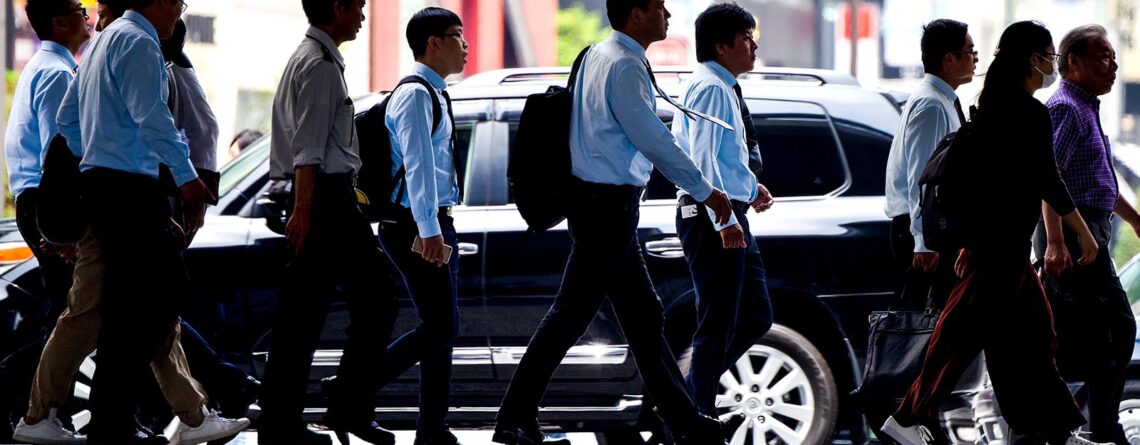Pre-retirees may have unrealistic expectations about how long they will stay in the workforce, according to a new research report released Sept. 28 by nonprofit Transamerica Center for Retirement Research in collaboration with Transamerica Institute.
Two-thirds of workers age 50 or older (66%) expect to retire after age 65 or do not plan to retire at all, an expectation inconsistent with reality as the majority of retirees (58%) retired before 65, the study found.
More than half of retirees, 56%, retired sooner than expected, with many of them indicating they did so for health and employment-related reasons.
Despite the fact that most people retire before they would like, only 31% of pre-retirees have a backup plan for income if forced into retirement sooner than expected, according to the study.
Pre-retirees who retire unexpectedly due to unforeseen circumstances “may find themselves scrambling for income and, in their haste, they could make suboptimal decisions,” said Catherine Collinson, CEO and president of Transamerica Institute and TCRS, in an email. “Having a well-developed financial strategy including backup plans can pave the way for a smoother transition.”
Retirees may also be taking Social Security benefits too early, with 63 being the median age at which they start benefits. Almost 1 in 3 (31%) started receiving benefits at age 62, which is the earliest age possible for Social Security benefits — albeit at a 20% to 30% reduced benefit. Only 4% of retirees waited to receive benefits at age 70, the point at which they receive the maximum benefit.
Pre-retirees and retirees are also failing to take adequate steps to safeguard their health. While most pre-retirees (73%) and retirees (74%) are concerned about their health, few report considering long-term health when making lifestyle decisions with only 18% and 20%, respectively, doing so.
Read more @pionline











